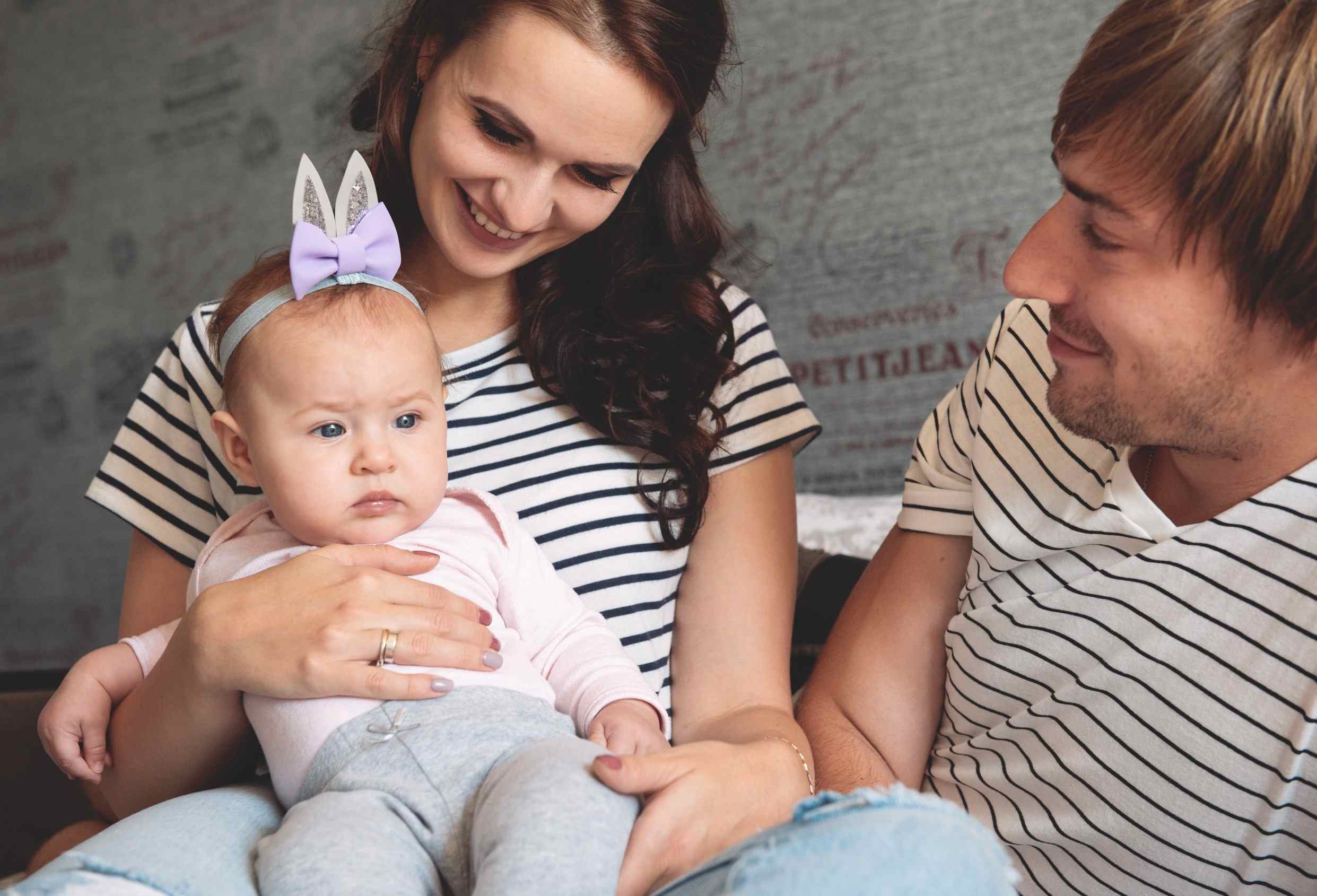
Not every couple that wants to start a family has the conventional option of traditional pregnancy open to them. Some families have serious medical obstacles that require alternatives, such as surrogacy, where another woman agrees to become pregnant. When the infant is delivered, the newborn is then united with the new parents to start a life together as a family.
One increasingly popular surrogacy path that many take is working with a surrogacy agency or clinic in another country. But how do you choose an organization in a country you don’t know? What do you need to check? Here’s a quick list of things you should look into.
Communication
The foundation of any successful surrogacy journey is understanding the people you are working with and having someone to help you communicate with a surrogate mother if she doesn’t speak your preferred language.
So before anything else, look at any surrogacy organization in any country you are interested in to see if they can communicate with you in your preferred language.
Foreign Experience
Similar to the first thing to look at, you’ll want to work with a surrogacy organization already familiar with servicing foreign couples. This can be crucial because foreign couples must resolve issues that local couples won’t, such as the citizenship of the newborn. Depending on the intended country of residence, a newborn isn’t automatically assigned citizenship upon arrival. If the proper steps aren’t taken, a baby may be deemed “stateless” and not allowed to enter the country.
Ability To Serve
If communication and foreign experience check out, another important thing to consider is whether the organization—and country—can meet your needs. One important example is the types of couples allowed to be serviced. In recent years, Thailand no longer services foreign couples after a controversial incident with an Australian couple. And while Georgia has a sterling reputation among traditional couples, they are not legally permitted to service same-sex couples, who must look elsewhere, even if Georgia has the facilities and skillsets they are looking for.
Fulfilling Specific Needs
When researching surrogacy organizations in other countries, it’s also important to make sure that the kind of surrogacy you want is a service that is available with the clinics and agencies you are looking at. For example, one of the more advanced techniques requiring skilled personnel and specialized lab equipment is In Vitro Fertilization, which fertilizes a donor egg with donor sperm in the lab and then implants the fertilized egg in the surrogate mother. Not every surrogacy organization can do this demanding procedure.
Pricing
Of course, one of the biggest reasons couples consider going abroad is because the pricing for procedures can differ radically from country to country. A surrogacy fee and IVF procedure in California, USA, may have a total cost similar to a real estate investment. However, taking it to another country can suddenly bring that same procedure—and quality medical care—to many more couples.
Be careful when looking into the pricing, and make many comparisons to get a good baseline. If something is priced too good to be true, even by foreign standards, then it probably still is. Another good way to ensure that services are legitimate is to look at partnerships. For example, Stork Service has verifiable, effective alliances in Georgia with facilities like:
GGRC Clinic
The GGRC clinic is lauded in Georgia for its comprehensive surrogacy support. Even in the early stages, they can assist couples with finding and negotiating with a surrogate mother. This clinic is recommended for couples preferring start-to-finish service. It can even provide legal assistance after birth, dealing with the legal citizenship requirements for different countries.
Zhordania IVF Center
Zhordania is located in Tbilisi, the capital of Georgia. It is a specialized facility with advanced services like In Vitro Fertilization served by world-class labs and experienced personnel. The center, if requested, can also use donor eggs stored offsite in another country in cryogenic storage. They have the ability and experience to transport eggs to their labs safely.
Chachava Medical Center
Chachava Medical Center is a legacy facility in Tbilisi with an old and respected reputation. It has treated patients for over 100 years, opening its doors to locals in 1875. Today, however, it now happily accepts patients from all over the world. It has a range of services, even for surrogacy needs, like obstetric and gynecological-related medical assessments and treatment.
Inova IVF Center
The Inova IVF center is a recent addition to the Tbilisi medical industry, opening in just 2015. This is another IVF-focused center with important services such as Preimplantation Genetic Diagnosis. PGD is important for couples with a medical history of congenital disorders in the family, like sickle cell anemia or cystic fibrosis. This service can screen fertilized eggs and detect the markers for such conditions. It lets hopeful families implant eggs without those conditions, giving the baby its best possible medical start in life.

